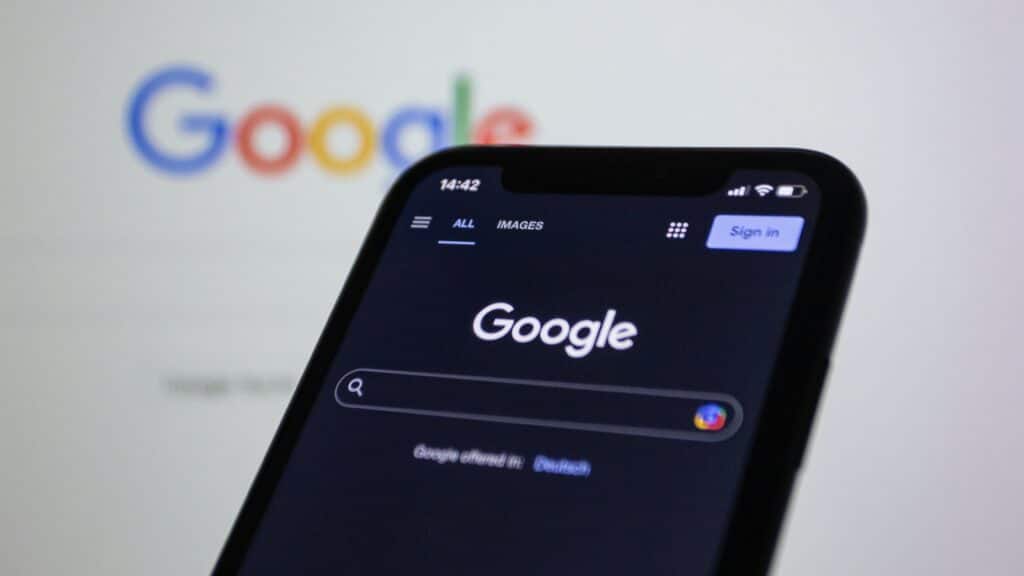The launch of Google’s Search Generative Experience (SGE), powered by the Gemini AI platform, marks a pivotal moment in digital marketing. Google’s introduction of this new feature is changing the game for organic and paid search results and at Parallel Path, we are at the forefront of understanding and adapting to these changes, ensuring our clients continue to thrive in this dynamic environment.
What is Google’s Search Generative Experience?
SGE represents Google’s next step in integrating artificial intelligence more deeply into its search functionality. Unlike traditional search algorithms that primarily rank web pages based on relevance and quality, SGE aims to generate comprehensive answers to search queries by aggregating and synthesizing information from multiple sources.
Unlike traditional search algorithms that primarily rank web pages based on relevance and quality, SGE aims to generate comprehensive answers to search queries by aggregating and synthesizing information from multiple sources.
This approach not only shifts the way information is presented but also affects which sources are highlighted at the top of search results.
SGE operates by using advanced models to understand the context and intent behind a user’s search. It then pulls information from various “high-authority” sources to construct a more detailed and informative response, often displayed in a snippet or panel at the top of the search results page. While this can enhance user experience by providing quick and thorough answers, it also means that traditional organic and paid search results are pushed further down the page, potentially reducing their visibility and click-through rates.
The Shift in Search Results
The introduction of Gemini has significantly impacted how search results are displayed across all industries, but health and wellness brands are particularly affected due to the specialized nature of their queries. Traditionally, these brands have relied on a combination of strong organic rankings and strategic paid search placements to drive traffic and conversions. However, with Gemini’s new approach to aggregating content, both organic and paid results are being pushed further down the page.
Additionally, as these AI-generated responses become increasingly relevant and comprehensive, the likelihood of users leaving Google to visit a brand’s website diminishes. This shift poses a significant challenge for brands, as the information presented by Google’s SGE may become the primary representation of your brand—overshadowing what you’ve carefully crafted on your own website.
Essentially, your brand might be more defined by how Google’s AI interprets and displays your content rather than by your own online presence.
This shift is not just a minor tweak; it’s a seismic change that demands a reevaluation of the paid search status quo, especially for brands in the health and wellness sector. Their reliance on highly specialized queries means that the content aggregated by Gemini may not fully capture the nuance and specificity these brands need to convey, disproportionately impacting their visibility and effectiveness in search.
The Black Box of Gemini
One of the most challenging aspects of Gemini is its opacity. The way Google aggregates and displays content is often unclear, leaving us to speculate and adapt on the fly. This lack of transparency can be particularly frustrating when we see long-held top spots for important queries suddenly vanish.
Especially for local healthcare brands, basic search queries (Ex. “What are symptoms of Afib?”) are now overshadowed by content pulled from nationwide players like the CDC and Mayo Clinic.
This raises a
critical
question:
How do brands maintain visibility and continue to drive traffic in this new landscape?
Adapting to the New Normal
The primary concern with Gemini is its potential to disseminate misinformation, particularly in sensitive areas like healthcare. Google has acknowledged issues with the accuracy of some Gemini results, which can pose serious risks. This reinforces the need for brands to not only focus on efficacy and evidence-based content but also to develop robust strategies to counteract the displacement caused by Gemini. The importance of a comprehensive content strategy that includes both organic and paid elements cannot be overstated.
In response to these changes, we are adopting a multifaceted approach at Parallel Path. First, we are continuously monitoring these evolving search trends to better understand Gemini’s impact on specific queries. From there, we can identify opportunities and areas where our clients can still capture market share. This might involve shifting focus to different services or adjusting our paid search strategies to target less saturated query variations.
Secondly, we are also enhancing our content strategies to ensure that our clients’ content is robust enough to be favored by Gemini’s aggregation algorithms. This means producing high-quality, localized content that can compete with the big players like the Mayo Clinic and WebMD. Localized content can be a game-changer, especially for clients with a strong presence in specific markets.
Navigating the Path Forward
As we navigate this evolving landscape, it’s clear that Google’s Search Generative Experience is reshaping the way we approach search marketing. While its future is still uncertain and subject to change based on user feedback and potential adjustments from Google, it undeniably presents both challenges and opportunities. While it presents challenges, it also offers opportunities for those willing to adapt and innovate.
At Parallel Path, we are committed to staying ahead of the curve and our strategic guidance combines consumer insights, market research, and creative storytelling allows brands to seize opportunities with confidence and innovation in this new era of paid search.
